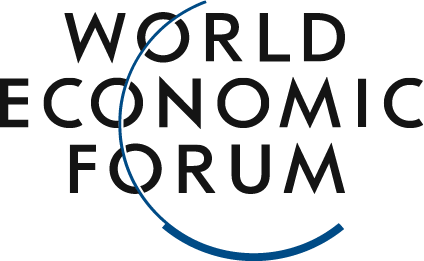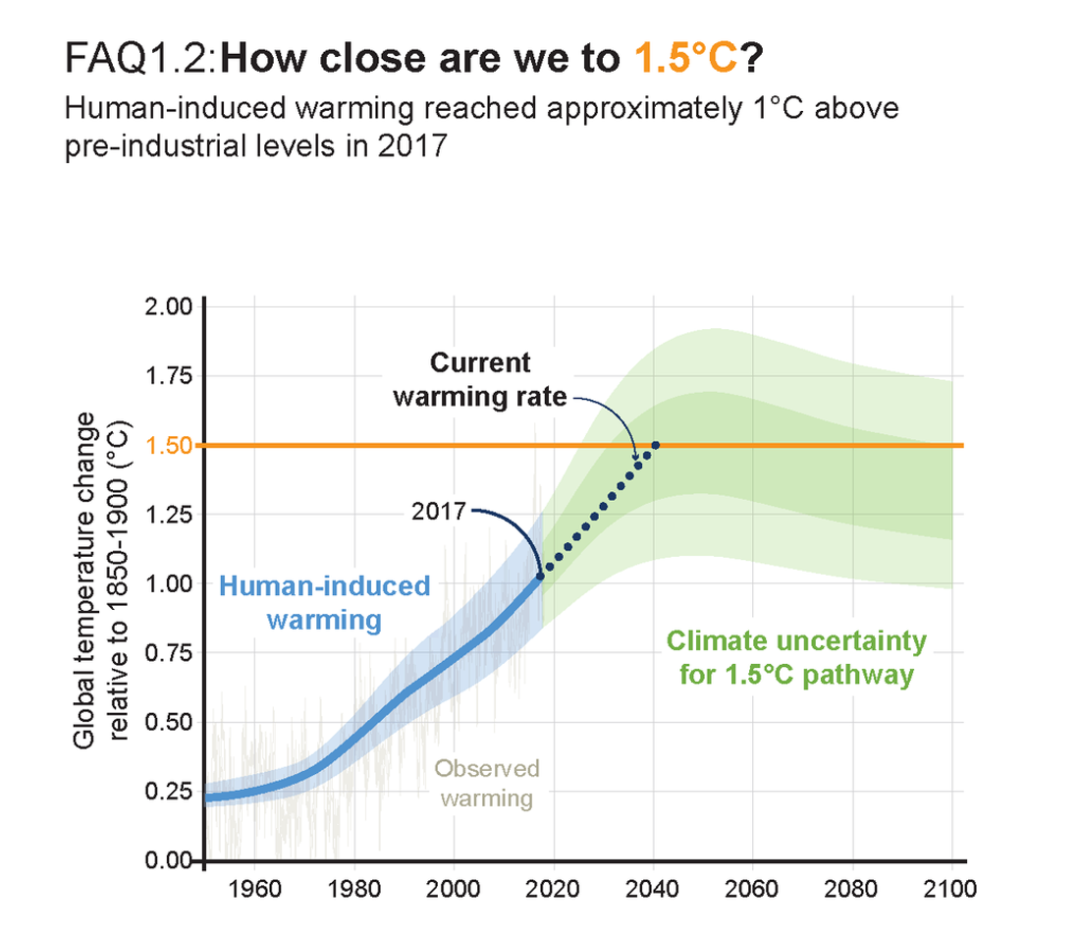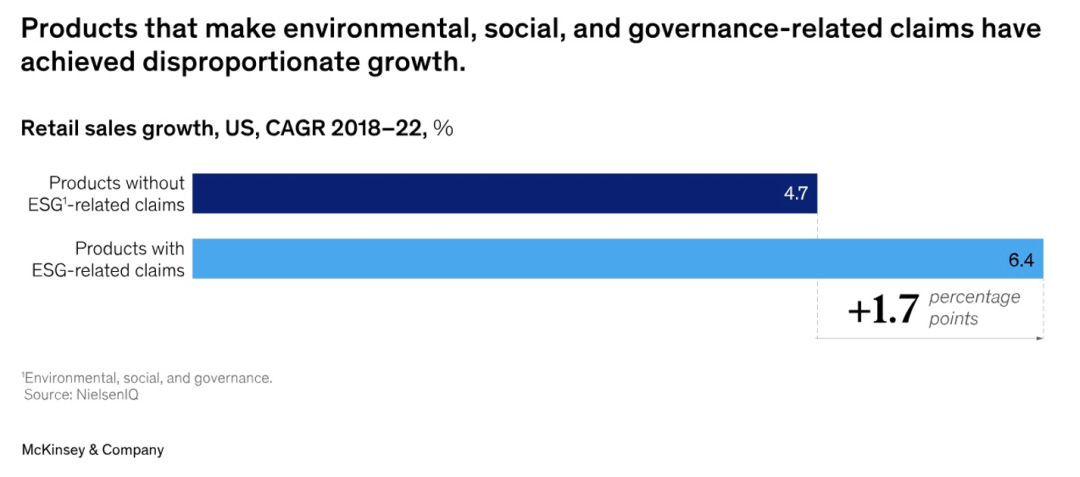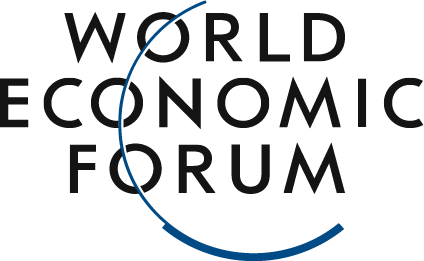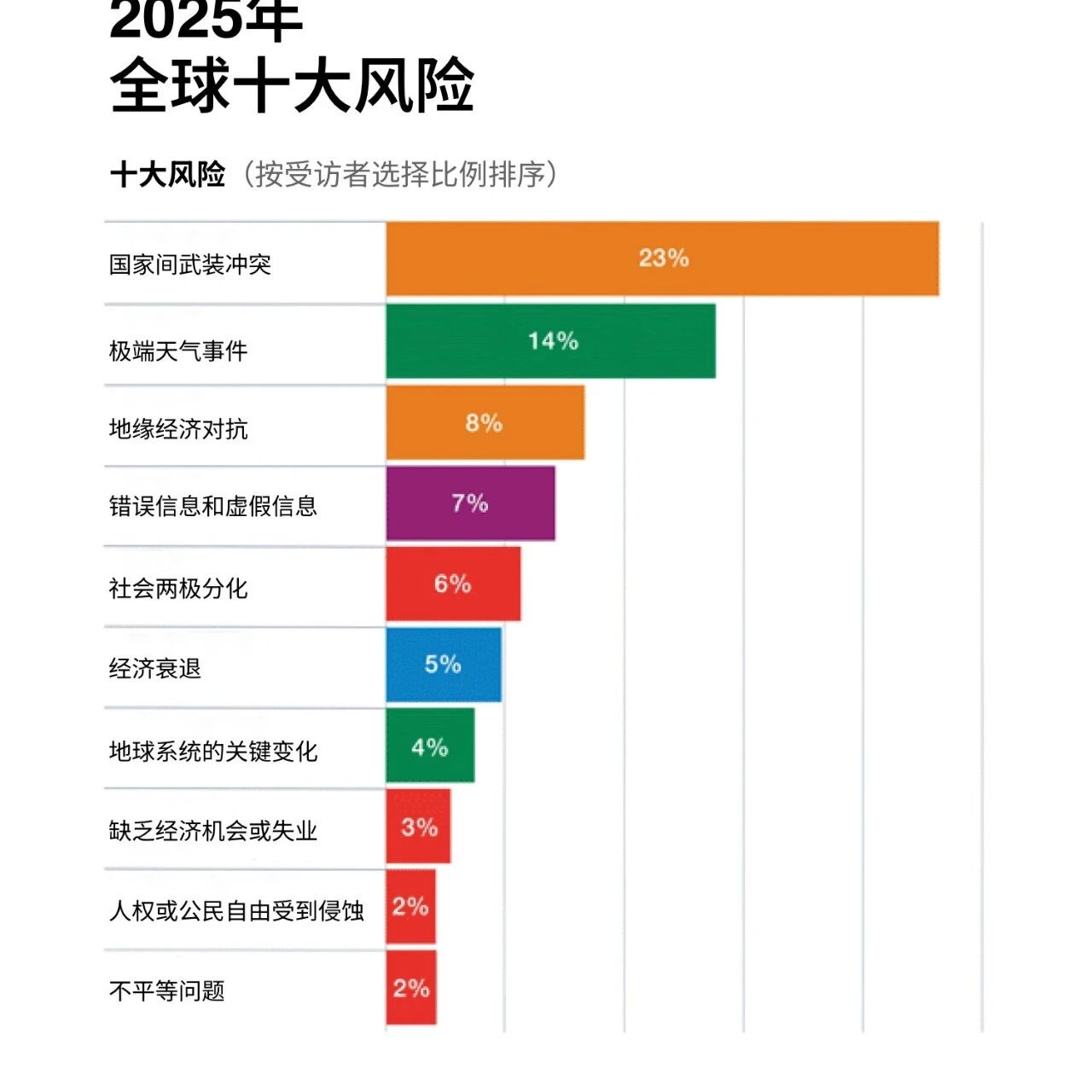Home/News/Leading the sustainable development of family businesses with Chinese wisdom and a holistic transformation framework/
Leading the sustainable development of family businesses with Chinese wisdom and a holistic transformation framework
2024-09-21
:Samson on Unsplash
(TPC)OCTAVE
1,2024,,,,,,70% GDP,
:IPCC
,,70%GDP60%,“”,30%,,15%,60%,1995,,,,“”,,,,,“”:“,,,”,“”,,“”,“”“,,”“,”,,“”,,,,“”,,——,Using the Theory of Whole-System Transformation as a Catalyst for ChangeLaozi famously proclaimed in the *Tao Te Ching*: "Thus, the Tao is great, Heaven is great, Earth is great, and Man is also great. In the universe, there are four great entities—and man occupies one of them. Man follows the Earth, the Earth follows Heaven, Heaven follows the Tao, and the Tao follows Nature itself."
In recent years, the remarkable advancements in quantum science have offered us a unique opportunity to re-examine our world, resonating deeply with timeless Eastern wisdom. Increasingly, people are coming to realize that the entire cosmos is an interconnected, living system—where nature operates according to its own intrinsic laws, and humanity is but a humble yet integral part of this grand tapestry. This insight perfectly embodies the essence of the "harmony between heaven and humanity," a core principle at the heart of China's cultural revival.Therefore, to truly uncover how the individual "I" can be transformed into the collective "we," we need a completely new, holistic theory of change—one that leverages the evolution of inner consciousness to guide the transformation of the external world. As the core engine driving the market economy, business has a crucial role to play in leading and accelerating this transformative process.Key components of the overall transformation theory include:1. Vision and Commitment.Family businesses should begin with a clear sustainability vision that aligns with their core values and long-term goals. This vision must be communicated and embraced by all stakeholders—ranging from top executives to frontline employees—to ensure a shared commitment and unified pursuit of sustainable practices.2. Strategic Partner.The engagement of strategic partners— including employees, customers, suppliers, and the local community—has played a constructive role in realizing our vision. Family businesses are uniquely positioned to build a platform that fosters open communication, enabling us to understand our partners' core concerns, gain valuable insights, and cultivate trust, ultimately co-creating solutions that are both effective and inclusive.3. Sustainable practices and innovation.Implementing sustainable practices across a company’s overall operations is essential. This includes reducing carbon footprints, optimizing resource utilization, and adopting renewable energy sources. Moreover, sustainable business model innovation and product development are critical directions for a company’s future growth.:McKinsey
4. Impact investing.Family businesses should reallocate and effectively leverage their resources toward impact investing, channeling capital into projects that deliver both social and environmental benefits—as well as strong financial returns. By investing in sustainable startups and innovative initiatives, family enterprises can drive broader, systemic change across industries.5. Charity and community support.Charity is an expression of love—a cultural philosophy and way of life rooted in inclusivity, empathy, and compassion, embodying a commitment to turning love into action. By investing in philanthropy, family businesses can effectively align their efforts, joining forces to support environmental initiatives, educational programs, and community development projects. This not only addresses immediate needs but also fosters resilience and momentum for society’s long-term growth and sustainability.The KPMG Global Family Business Survey reveals that 79% of family businesses are actively involved in sustainability initiatives. Due to their unique characteristics and long-term orientation, family enterprises enjoy a first-mover advantage when it comes to sustainable practices—they integrate sustainability into their daily operations much earlier, demonstrating a strong commitment to responsible business practices and a greater willingness to take proactive steps toward climate action. Meanwhile, unlike most corporate groups that prioritize return on investment as the primary measure of success, often leading to short-term profit-maximizing behaviors, family businesses are uniquely positioned to drive transformative change in the business world and tackle increasingly complex environmental challenges. They place deep value on preserving the family legacy—and the associated worldview and cultural heritage—that are essential for the company’s long-term growth and future success.Today, family businesses have a rare opportunity to wield greater social influence, guiding other organizations on their journey toward sustainable development, building a shared legacy, and creating value for the entire ecosystem. After all, it’s only as a unified whole that we can truly move from "strength" to "greatness."The climate crisis and the green transition have long since become urgent matters. We stand at a pivotal moment in history, and family businesses must step up—driven by a deep sense of responsibility and fueled by love—to contribute to building a more sustainable world. By leading the way, we can guide humanity through the transformative next century, ensuring that our vibrant, blue planet continues to thrive with resilience and vitality for generations to come.The above content represents the author's personal views only.Feel free to share this on WeChat Moments; please leave a comment below the post if you’d like to republish.
Editor: Wang Can
The World Economic Forum is an independent and neutral platform dedicated to bringing together diverse perspectives to discuss critical global, regional, and industry-specific issues.
Follow us on Weibo, WeChat Video Accounts, Douyin, and Xiaohongshu!
"World Economic Forum"
